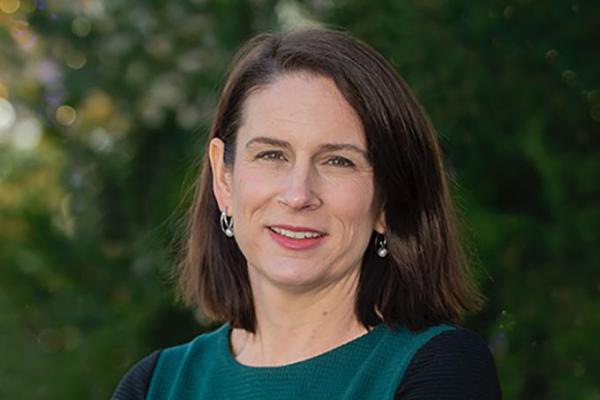
Dr. Christina F. Mair, University of Pittsburgh, Associate Professor of
Epidemiology
Harnessing collaborative systems science methods to improve the design and implementation of intervention strategies to reduce alcohol-related harms
Abstract: Numerous alcohol control policies have been designed and implemented to directly or indirectly reduce underage drinking and alcohol-related problems such as sexual violence. Evidence for most of these policies has been mixed, partially due to the spatial and temporal variation in local-level policy implementation and enforcement. Systems science approaches, such as agent-based models, provide the opportunity to compare a range of implementation strategies in a simulated environment. Agent-based models are a methodological tool that can incorporate dynamics between behavioral, social, and structural environments and their impacts on hazardous alcohol use and sexual violence. The usefulness of a given model, however, is limited by its accuracy, focus, and salience to end users. A collaborator-engaged model-building process greatly enhances the relevance and usefulness of models that explicitly account for dynamic processes. In this presentation, I will first highlight our development of an agent-based model of adolescents attending parties and drinking in a naturalistic setting that includes key features such as friendship networks, home and school locations, and prior drinking histories. We varied the level of enforcement and geographically/temporally targeted vs. global implementation and compared drinking levels amongst adolescents under these different scenarios. Next, I will share a collaborator-designed systems model of alcohol-involved sexual violence on college campuses currently being developed through a series of collaborative model building sessions with a learning collaborative including students, practitioners from health and counseling centers, Title IX coordinators, residential counselors, and so forth. Integrating collaborative model building with agent-based model development is an innovative, empirically-based approach that can improve implementation of effective strategies to address alcohol-involved sexual violence, promote preventive interventions, and stimulate campus-level policy and programmatic changes to reduce sexual violence among students.
To attend by zoom, register in advance: https://osu.zoom.us/meeting/register/tJEodOiqqzkoE9yMihkzNEciKq-sgHqf9DGH
We are no longer collecting registrations for in-person attendance.
Graduate students interested in having lunch with our seminar guests, please sign up.
